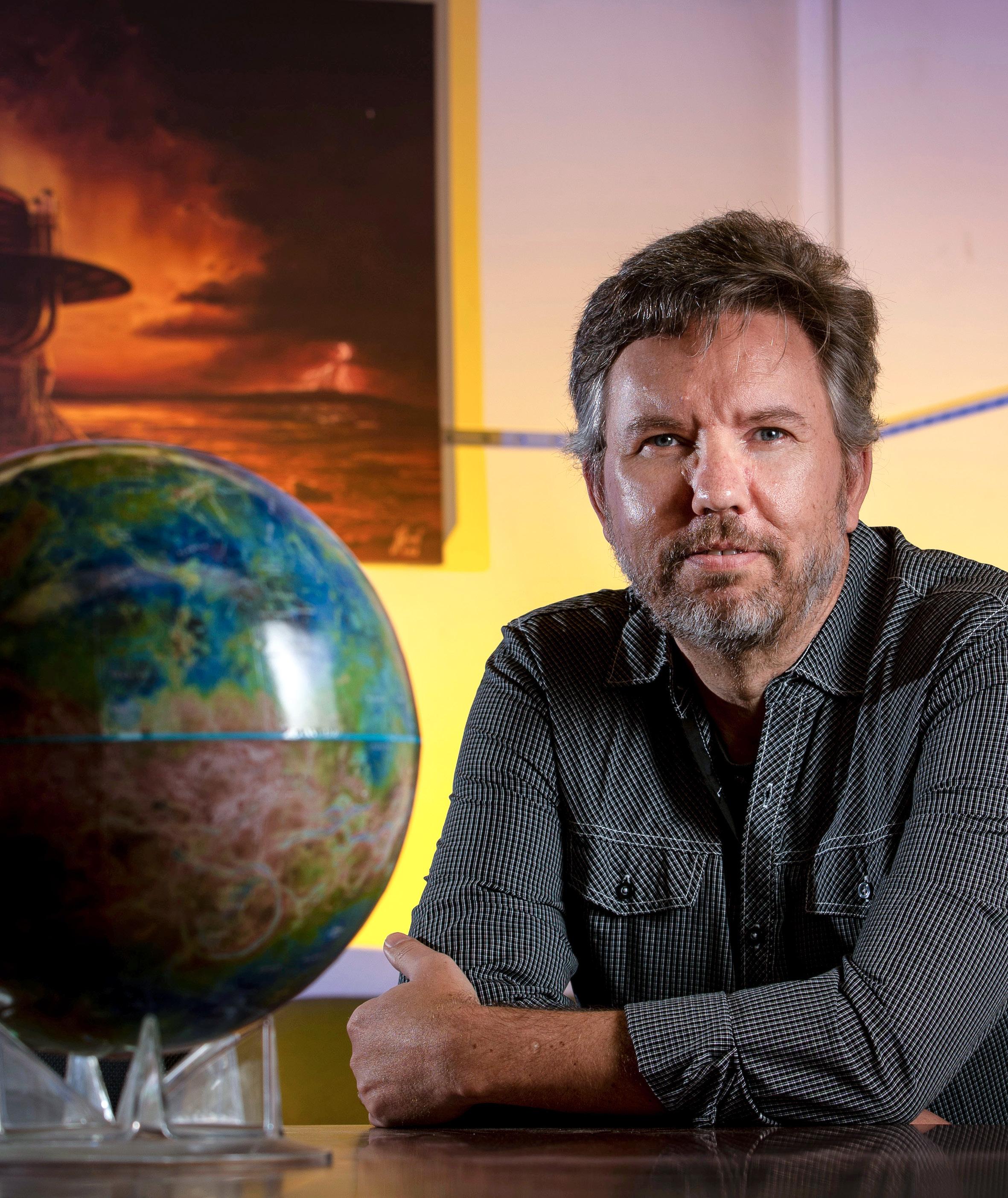
2 minute read
Safe skies for all
Balancing risk pays off for Economics alumna.
Growing up in Northern Tasmania, Pip Spence (BEc 1990) says she was acutely aware that to go “just about anywhere” she’d need to get on a plane, and so began her interest in, and passion for, aviation.
As Director of Aviation Safety and CEO of Australia’s Civil Aviation Safety Authority (CASA), Pip is responsible for the regulations governing Australian aviation safety and the operation of Australian aircraft overseas. She is the first woman to head the air safety regulator, a move which takes her career full circle.
“It’s where I started,” Pip said, reflecting on a long-held involvement in the sector. Pip Spence commenced her career in the federal Department of Transport and Communications, where she worked in aviationrelated areas, including as an adviser to the Minister for Transport.
More recently she was the Deputy Secretary for Transport at the Department of Infrastructure, Regional Development and Communications, which included responsibility for aviation policy and programs.
It all stems from a deep commitment to aviation and an awareness of, as Pip described it, “the importance of aviation services to rural and remote communities, for getting fundamental services out to people. It’s so important to how the community operates.”
Taking the reins at CASA is the “job of my dreams”, Pip said.
The vision of CASA is “safe skies for all”, and it is a vision Pip takes to heart. “You’re always mindful of potential catastrophic consequences if you get it wrong – that 2am phone call to say there has been an accident,” she said. “But it’s a very sophisticated industry, and CASA has a very sophisticated approach to risk management. Australia has a strong safety record and a good system.
“We can respond when issues are raised and review the regulatory framework regularly to make sure it is fit for purpose.”
Image supplied by CASA.
Image supplied by CASA

Pip Spence. Photo: Irene Dowdy
Pip said she also recognised the need to get the balance right, and to take a risk-based approach. To have zero risk would mean that no planes would fly, ever. With COVID-19, there are particular challenges for the airline industry given the dramatic reduction in activity. “We have to make sure we are giving appropriate regulatory relief for operators without compromising safety,” she said.
“We are doing everything we can to help ensure that when the time comes for flights to return to pre-pandemic levels, they can do so safely.”
Pip said her Bachelor of Economics degree gave her an important framework to look at issues, such as the way in which the market operates and the approach to assessing risk.
Her advice to new graduates is to “always be open to new opportunities and back yourself if you want to do something new – you never know where your degree might take you”.
Katherine Johnson










